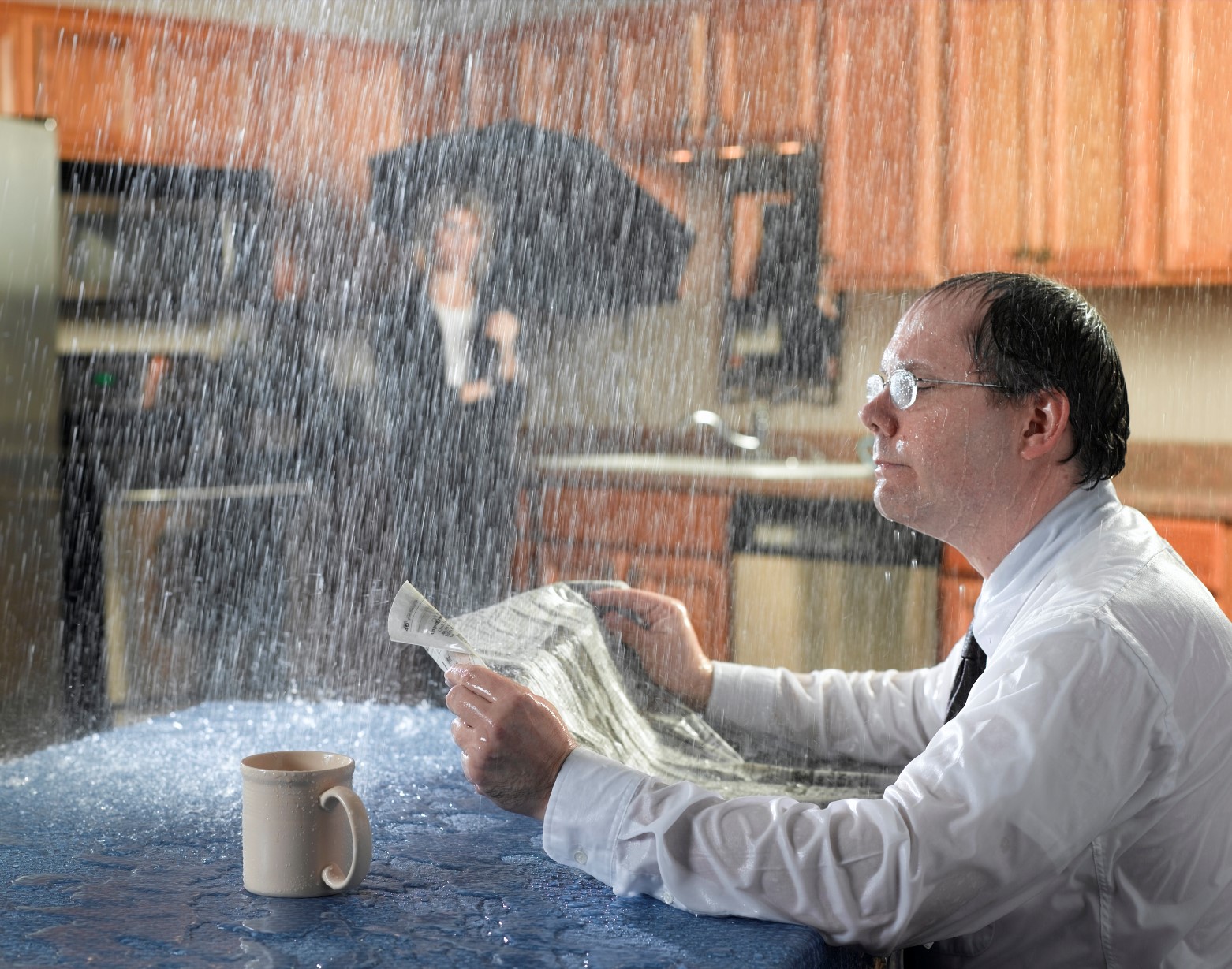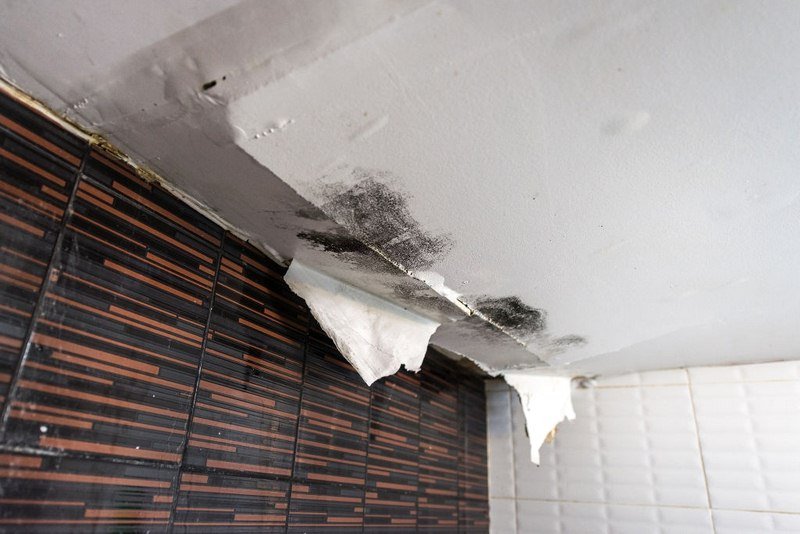Learn About Main Origins Behind Water Leak Issues Within Your House
Learn About Main Origins Behind Water Leak Issues Within Your House
Blog Article
On this page in the next paragraph you'll find lots of decent information and facts relating to Top Causes of Home Water Leaks.

Leakages not only create waste of water yet can also create unnecessary damages to your house and advertise unwanted natural development. Water leaks could go unnoticed considering that most of the pipework in our home is hidden. By recognizing as well as looking for day-to-day scenarios that create leakages, you can secure your house from future leaks and unneeded damages. Today, we will take a look at six leak creates that may be causing your pipelines to trickle.
Trespassing roots
The majority of water leakages start outside your house as opposed to inside it. If you see an abrupt decrease in water stress, state in your faucet, take time to head out as well as examine your lawn. You might discover damp patches or sinkholes in your backyard, and that might suggest that tree origins are invading water lines causing water to leak out. You can have your plumber check for breach, particularly if you have trees or bushes near your home.
Rusty water supply
As time passes by, your plumbing system ages as well as deterioration such as rust may begin gnawing the pipelines. This might be the root cause of staining or bending on your pipes. This requires an examination with your plumber quickly. If our plumbing system is old, consider changing the pipes given that they go to a greater danger of deterioration than the newer models.
Defective Pipeline Joints
Pipeline joints can weaken over time, resulting in water leakages. If you have loud pipes that make ticking or banging sounds, specifically when the hot water is transformed on, your pipe joints are most likely under a whole lot of stress.
Immediate temperature changes.
Severe temperature level adjustments in our pipes can cause them to broaden and also contract all of a sudden. This expansion and tightening might create cracks in the pipes, particularly if the temperature level are below freezing. If you maintained an eye on how your plumbing functions, it would be best. The visibility of the formerly pointed out circumstances often shows a high risk.
Poor Water Connectors
Sometimes, a leakage can be caused by loosened tubes and pipelines that supply your appliances. Most of the time, moving is what causes the loosened water Connections. You might find in the case of a cleaning machine, a pipe might spring a leak because of drinking throughout the spin cycle. In case of a water links leak, you might observe water running directly from the supply line or pools around your home appliances.
Clogged Drains
Blocked drains pipes might be annoying as well as inconveniencing, yet they can sometimes end up creating an overflow leading to rupture pipelines. Maintain getting rid of any kind of products that may go down your drains that could clog them to prevent such hassles.
All the above are sources of leaks yet not all water leakages arise from plumbing leaks; some leakages might come from roofing system leakages. All leaks must be fixed right away to avoid water damages.
Leakages not only cause waste of water but can also cause unnecessary damage to your home as well as promote undesirable natural growth. By comprehending and also looking for everyday situations that trigger leaks, you can shield your home from future leakages and unneeded damage. Today, we will look at 6 leak causes that may be creating your pipes to leak.
At times, a leakage can be triggered by loosened hose pipes and also pipelines that supply your appliances. In case of a water links leakage, you may notice water running directly from the supply line or puddles around your appliances.
How To Check For Water Leak In Your Home
How To Check for Leaks
The average household's leaks can account for nearly 10,000 gallons of water wasted every year and ten percent of homes have leaks that waste 90 gallons or more per day. Common types of leaks found in the home are worn toilet flappers, dripping faucets, and other leaking valves. These types of leaks are often easy to fix, requiring only a few tools and hardware that can pay for themselves in water savings. Fixing easily corrected household water leaks can save homeowners about 10 percent on their water bills.
To check for leaks in your home, you first need to determine whether you're wasting water and then identify the source of the leak. Here are some tips for finding leaks:
Take a look at your water usage during a colder month, such as January or February. If a family of four exceeds 12,000 gallons per month, there are serious leaks.
Check your water meter before and after a two-hour period when no water is being used. If the meter changes at all, you probably have a leak.
Identify toilet leaks by placing a drop of food coloring in the toilet tank. If any color shows up in the bowl after 10 minutes, you have a leak. (Be sure to flush immediately after the experiment to avoid staining the tank.)
Examine faucet gaskets and pipe fittings for any water on the outside of the pipe to check for surface leaks.
Undetected water leaks can happen without the home or business owner even realizing. If you suspect a water leak, but not able to find the source. It is time to contact a professional water leak detection service, The Leak Doctor.
How To Find a Water Leak In Your Home
https://www.leakdoctor.com/blog/How-To-Check-For-Water-Leak-In-Your-Home_AE197.html

I stumbled upon that piece on How Fast Water Damage Can Ruin Your Home when looking around the web. So long as you liked our blog entry plz be sure to share it. Thank-you for your time spent reading it.
For instant fixes, dial! Report this page